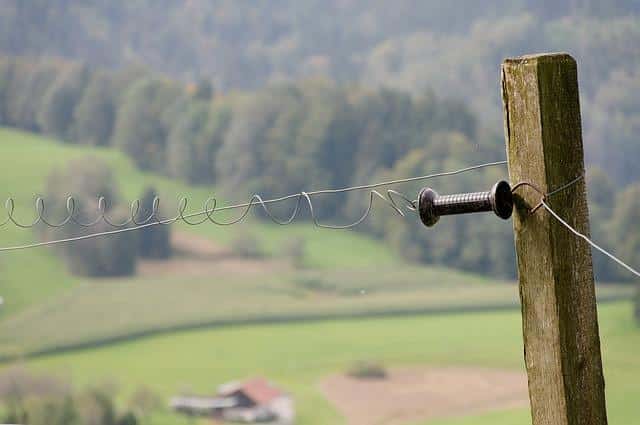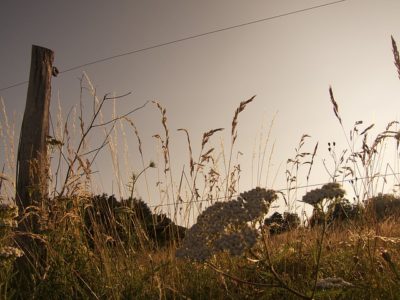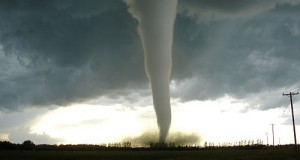Electric fencing has been around in its modern form since the 1930s. Commonly used for livestock and wildlife control, electric fences can be found in nearly all parts of the world, doing nearly the same sort of tasks: keeping livestock where they belong and keeping animals out of places they don’t belong.
Are you considering an electric fence? Consider the pros and cons:
Pros of Electric Fences
Electric fences are cheap compared to other fences. They can be made with inexpensive wire, a low-cost fencer (the unit that sends pulsed voltage through the wire), steel rods and affordable plastic insulators. A fence can be put up in a few hours or less, and it will suffice for basic livestock and animal control.
They are easy to build or add to an existing structure. It doesn’t take an electrician to install a fence, and if you can set fence posts, you can electrify a field or garden. No special tools are required, and you don’t have to worry about how perfectly straight the fence is, or even the tension on the wire. If you already have a fence installed, then simply fasten some insulators to the existing structure and run your wire, and you are good to go!
Get Free Backup Electricity — That Works Even During Blackouts!
Electric fences are durable. Because they are designed for use in most any weather and for farm and ranch work, most components are built for long, hard use. As long as you have a fencer built for the type of work you want, it’s pretty hard to build a bad electric fence. In fact, it’s rather easy to do just the opposite, and it takes a serious dedication to failure to mess it up. Also, you can move an electric fence far easier than you can a traditional fence.
They also are incredibly cheap to operate. Number crunching on even the most powerful electric fences show that they use just a few cents of electricity a day, often costing under a dollar a month to operate, depending on the wattage used. At the most, you are out around the cost of a fancy cup of coffee at Starbucks for a month’s continuous operation.
Cons of Electric Fences
They require a working power source. If you have access to the grid, that’s great, and your fence is ready to go. If you make your own power, then you will need to integrate them to solar power or another source. The power consumption is still low, but it is a constant low-level drain you must keep in mind.
Discover More Than 1,000 Off-Grid-Living Tricks!
An electric fence must be maintained. Broken or damaged insulators can leak current, poorly grounded fencers can fail to perform, weeds and vegetation on wires can drain the voltage and negate the entire purpose of the fence, and a scared animal can run right through the fragile wire if they are spooked enough.
Getting Started
Your local farm and supply store can help you choose a fencer unit that is best for your needs and the size of your fence. Some units feature built-in solar panels to further reduce power use in the daytime, which may be an attractive option for those living off the grid. Modern plastic insulators are sufficient for years of use, but can break down under sunlight after a few years. Porcelain insulators are an old and somewhat expensive standby, but when chipped can soak up moisture. If you use a modern high visibility polymer/wire rope or tape, you face the same degradation issues after a few years in some environments, while aluminum wire can last nearly forever.
An electric fence is the quickest, easiest and cheapest way to secure your garden or keep relatively tame animals within a given area. Combined with traditional fencing, it is a surefire way to have a highly effective fencing system. It is portable, uses nominal amounts of power, can be quickly installed with unskilled labor, and lasts years.
A tall multi-wire fence can even deter the most determined deer or wildlife, and can make a big difference in protecting the food you grow. In the end, the pros far outweigh the cons, and unless you are determined to have a completely electricity-free lifestyle, then there is no reason not to try an electric fence into your homestead and survival plans.
 Off The Grid News Better Ideas For Off The Grid Living
Off The Grid News Better Ideas For Off The Grid Living





